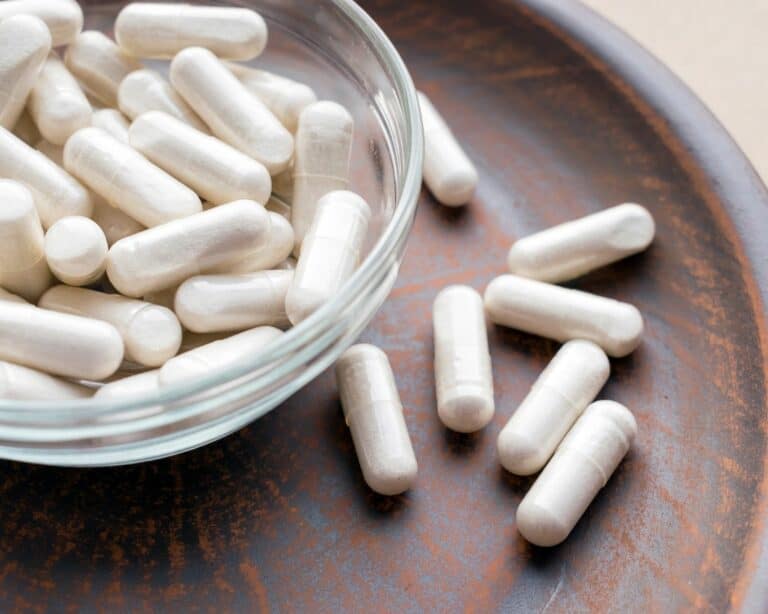Opioids are a class of drugs that include natural, synthetic, and semi-synthetic prescription painkillers and illicit drugs, including heroin, fentanyl, morphine, codeine, oxycodone, and more. All opioid drugs have a significant risk for abuse and addiction, and they are physically and psychologically habit-forming.
If you or someone you love is addicted to opioids, you know just how difficult it is to stop using them once you are hooked. People who suffer from opioid addiction typically require a rigorous treatment program that consists of medical detox, medication-assisted therapy, and comprehensive substance abuse therapy. The first step in recovering from opioid addiction is detox.
Asking for help with addiction can be scary, but actually going to detox and facing drug withdrawal can be even scarier. Knowing what opioid detox is like can help prepare you mentally and ease some of your fears. Here is what you can expect during opioid detox in Massachusetts.
Symptoms of Opioid Withdrawal
Opioid drugs bind to opioid receptors in the brain to change the way the brain and nerve cells respond to pain. However, they also produce excess endorphins that are physically and mentally addictive. After using opioids for an extended period of time, your body becomes dependent on these excess endorphins, and it goes into withdrawal without them.
During detox, your body begins to flush substances from your system. If you have developed a physical dependence on opioids, your brain and body will take time to adjust to not having opioids in the system. This adjustment period is marked by flu-like symptoms of withdrawal.
Symptoms of opioid withdrawal include:[1]
- Anxiety
- Muscle aches
- Watery eyes
- Runny nose
- Sweating
- Yawning
- Agitation
- Depression
- Insomnia
- Abdominal cramping
- Diarrhea
- Dilated pupils
- Goosebumps
- Nausea
- Vomiting
- Drug cravings
Although these symptoms can be uncomfortable, they are usually not life-threatening. Symptoms typically begin in the first 12 hours after your last dose of opioids and can last for up to a week. The longer you have been abusing opioids, the more severe you can expect your withdrawal symptoms to become.
The Importance of Medical Detox for Opioid Withdrawal
Even though opioid withdrawal does not produce life-threatening symptoms, complications and risks are involved. The most pertinent risk is the risk for relapse. Opioid withdrawal can be extremely uncomfortable, and the psychological cravings that occur can be intense. Many opioid users know that the easiest and fastest way to relieve these symptoms is to use opioids again. Without proper support, many individuals fail to complete the detox process in the first place.[2]
Opioid detox centers in Massachusetts provide around-the-clock support and medical care to keep you safe and comfortable. They can prescribe medications that alleviate your withdrawal symptoms and make it easier to deal with cravings. By detoxing at a medical facility, you minimize the risk for relapse and other medical complications while giving yourself an honest shot at a sober life.

Get The Care You Need and Deserve
Woburn Addiction Treatment is a leader in the addiction treatment field, with proven success in facilitating long-term recovery. Our team of top clinical & medical experts specializes in treating addiction coupled with mental illness, ensuring that each person receives individualized care. Call us – we’re available 24/day, 7 days/week.
What to Expect During Opioid Detox in Massachusetts
Opioid detox programs can be broken down into three phases: intake, medication management, and treatment planning.
Intake and Assessment
When you first arrive at an opioid detox program in Massachusetts, you will meet with various members of the clinical team to complete the intake and assessment process. During intake, your personal items may be searched, you sign paperwork to consent to medical care, and provide information regarding your medical history.
Assessment is much more thorough than intake. This is when you have a complete physical and psychological exam to help the clinical team determine your treatment needs. You may be asked questions about your physical health, mental health, drug and alcohol use, family medical history, prescription medications, and more.
Intake and assessment should only take a couple of hours, in total.
Medically-Assisted Detox
After completing intake, you will be shown to your room and given the opportunity to settle in. Your doctor may prescribe you an opioid treatment medication like methadone or buprenorphine to help relieve your withdrawal symptoms and make you more comfortable. Throughout your stay in detox, nurses will regularly check your vitals and monitor you to prevent any medical complications. You may also have access to group therapy, recovery-focused meetings, and other activities to help pass the time and keep your cravings at bay.[3]
You will stay in medically-assisted detox (or the medication management phase) until your symptoms subside and you are cleared for discharge. Most people stay in opioid detox for 3-7 days.
Treatment Planning and Preparation
Before you are discharged from the program, you will meet with a substance abuse counselor for treatment planning and preparation. Opioid addiction cannot be cured with detox alone which is why addiction specialists recommend at least 90 days of treatment.[4] A counselor will help you determine what kind of treatment program you need, which facility is in-network with your insurance, and all other details. They will even make arrangements for you to arrive at the treatment facility.
Find an Opioid Detox Program in Massachusetts Today
After completing detox, our opioid rehab program in Woburn, Massachusetts can help you establish a foundation for life-long sobriety. If you or a loved one are struggling with opioid addiction, don’t wait any longer. Pick up the phone and speak with one of our dedicated admissions coordinators today.
References:


